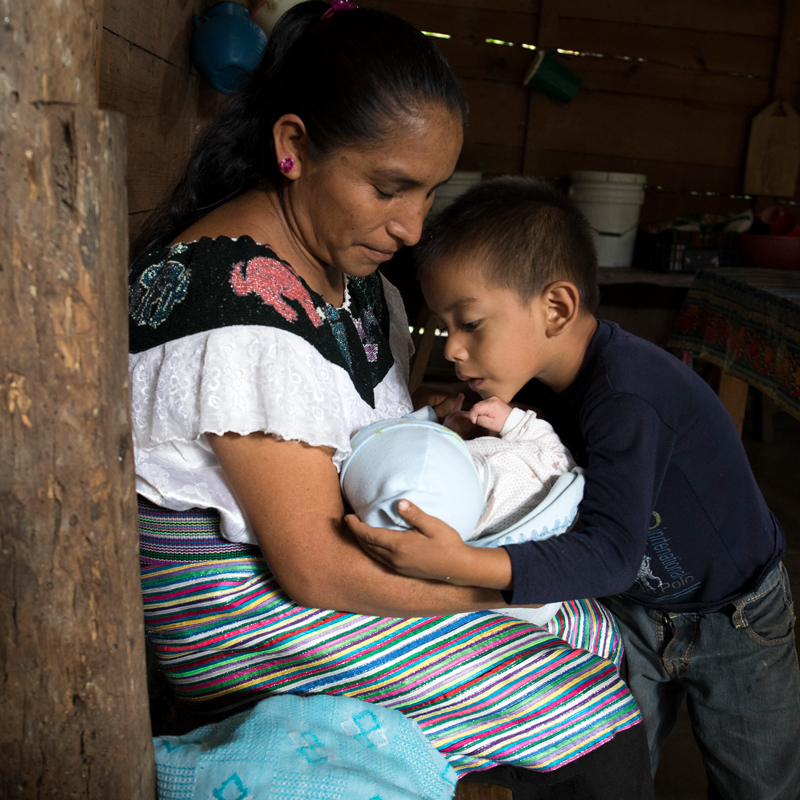For nearly 30 years, MacArthur's Population and Reproductive Health (PRH) program has aimed to improve sexual and reproductive rights and health in India, Mexico, and Nigeria. Over the last decade, the Foundation has enabled its PRH grantees to use strategic litigation, community monitoring, and other approaches to hold governments accountable for improving maternal and reproductive health. Building on what we and our grantees learned as we worked to increase accountability in maternal health in India and Mexico, we issued the first package of maternal health accountability awards in Nigeria in 2012. We decided to test a new model for grantmaking and supporting our grantees' work, in which we made all grants in one package and asked the organizations to work together as a cohort from the proposal development stage. We hired an outside firm, EnCompass, to measure the progress of this strategy and provide grantees with long-term support to develop and execute their monitoring plans.
All prospective Nigerian grantees participated in a learning exchange visit to Mexico in 2012, where they had the opportunity to hear from Mexican and Indian organizations with a track record of implementing accountability efforts to improve maternal health. Following the exchange, the Nigerian groups worked together to develop their accountability proposals. EnCompass helped the grantees articulate the theories of change underpinning their efforts, both as individual organizations and as a cohort. Over the next five years, EnCompass also helped the grantees develop plans for monitoring their projects, collect data to make adjustments to their work as needed, and tell the story of their work to their constituencies, communities, government partners, and donors. EnCompass also conducted baseline, midline, and endline surveys to track government accountability for maternal health services over time.
In May 2017, EnCompass held its final workshops with the maternal health accountability cohort of grantees in Nigeria. Participants reviewed the findings of the endline survey, assessed the strengths and weaknesses of their work, and discussed ways to improve. The week ended with a workshop on improving monitoring skills where the grantees shared their thoughts on the capacity-building opportunities from MacArthur and EnCompass over the last several years.
Overwhelmingly, the grantees expressed that they valued this ongoing support and collaboration, particularly related to capacity-building that better positions the organizations to conduct their work in the future. One grantee noted that the evaluation assistance they received "took us from relying on other organizations to develop tools to developing the tools ourselves."
Given the strong positive feedback from grantees after this final series of meetings, we feel confident in the importance and efficacy of this monitoring and evaluation approach as a model for ensuring program sustainability. The Population and Reproductive Health program will come to an end in 2019. Although ending a longstanding program such as PRH can be bittersweet, we leave with the knowledge that these organizations, some of which we have supported for many years, will use the skills they honed over the last few years to continue to demand accountability and advance maternal health. Some have already found that their more advanced monitoring and evaluation capacity enables them to apply for and receive funding from new donors that they were not able to approach in the past.
We are using a similar model of grantmaking and capacity development opportunities in our recently launched On Nigeria program, and we look forward to sharing more about our progress and the work of our grantees over time.




